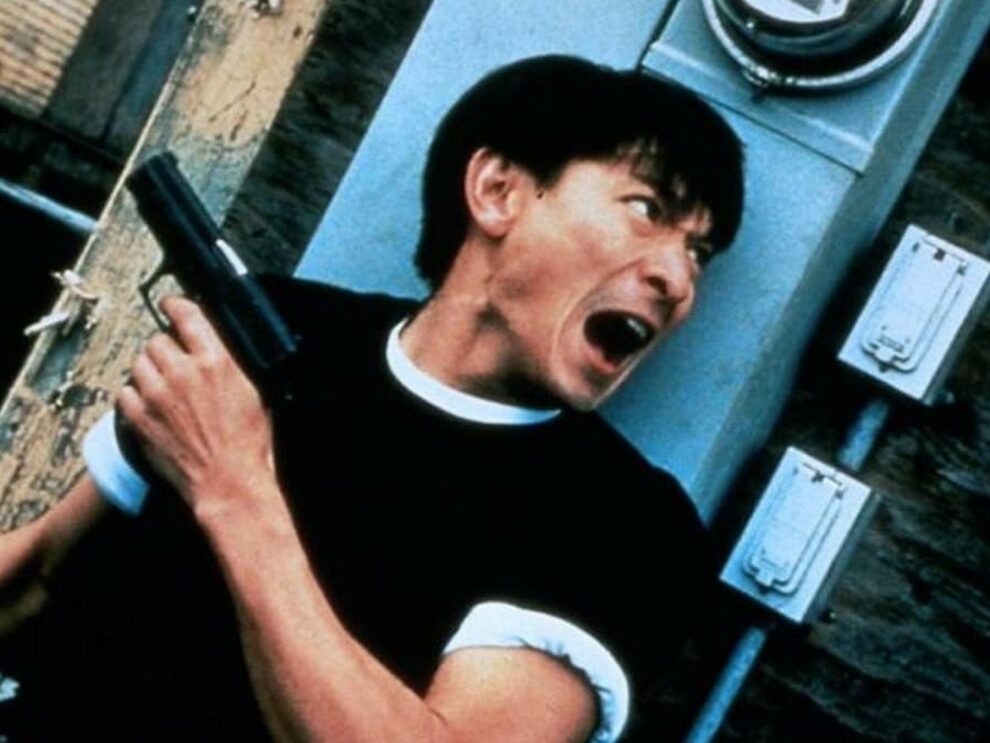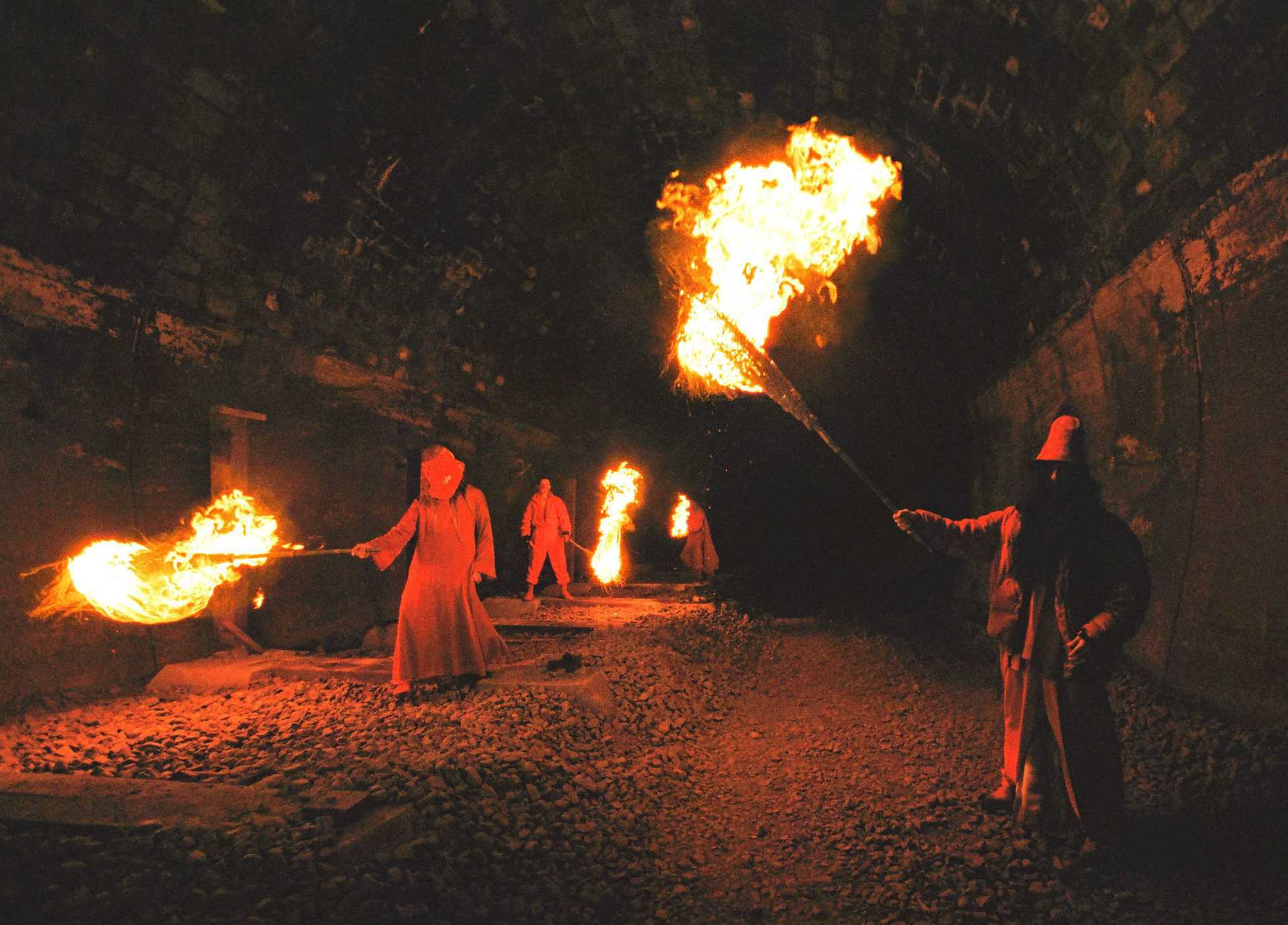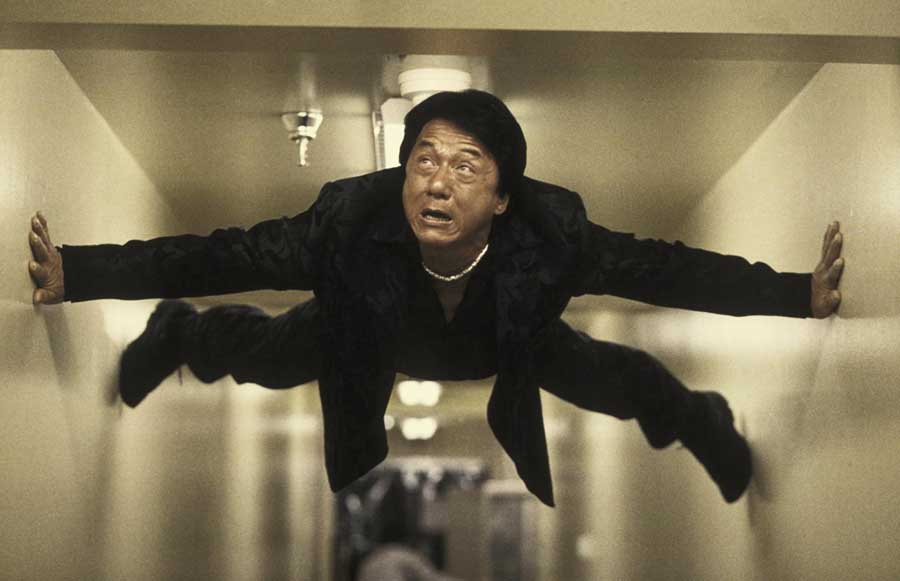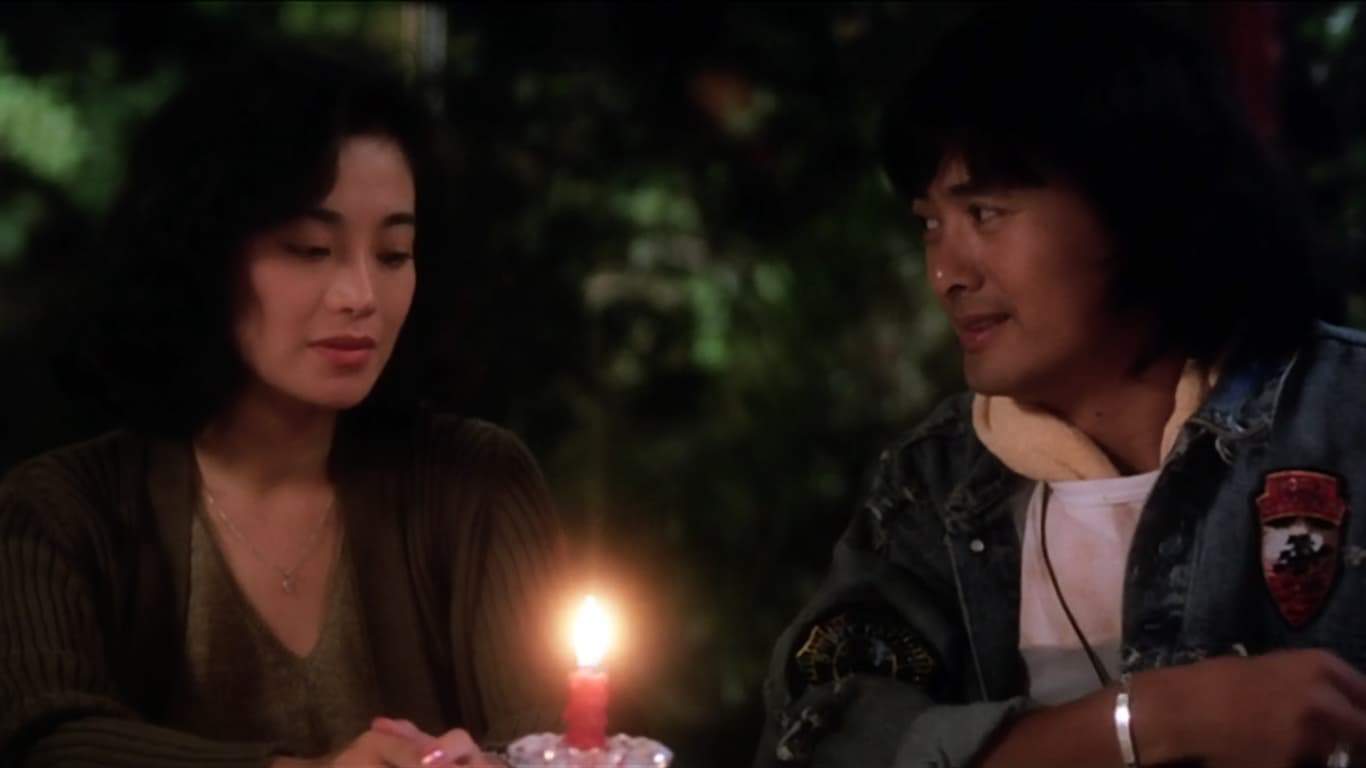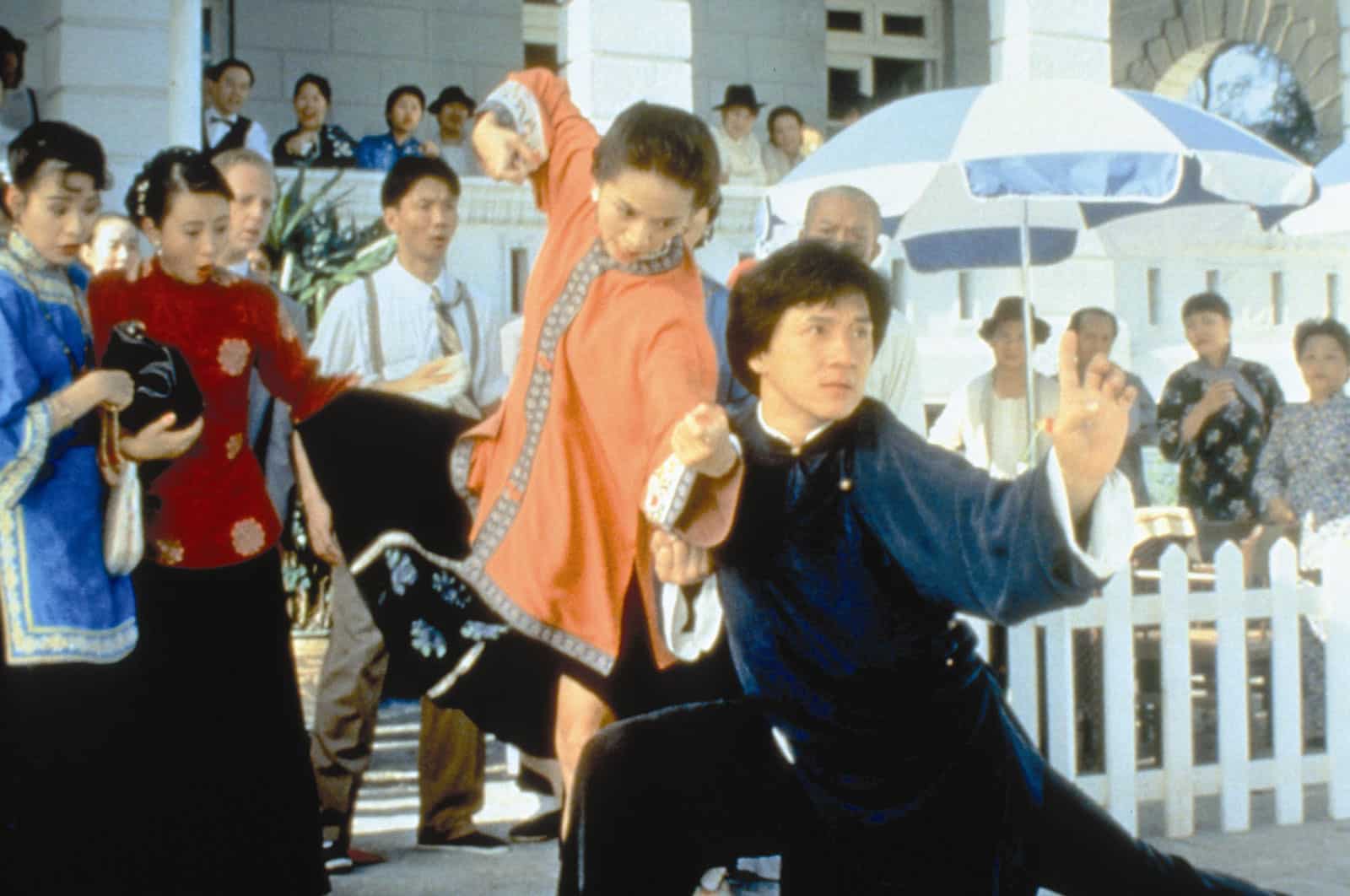Why do we not talk about “The Adventurers?” To be fair, this could be asked about many of Ringo Lam's films. For a filmmaker widely considered to be one of the “Big Three” of Hong Kong action along with Tsui Hark and John Woo, only a few of Lam's films are discussed frequently outside of cinephile circles. His work tended to be jagged, foregoing Woo's elegance and Hark's epic scope in favor of open-wound intensity. A film like “School on Fire,” for example, functions more as social issue drama than action flick. This nervy, uncompromising style perhaps lacked the slick commercial appeal of his contemporaries, which would explain why some of his relatively minor B-Sides tend to be left out of the conversation. This is a shame, because “The Adventurers” is an admirably over-the-top revenge thriller that deserves to be seen.
On paper, the film sounds like Lam's attempt to gain some mainstream, international appeal. The core premise–a Cambodian soldier played by Andy Lau seeks revenge on the man who killed his family as a child–lends itself to uncomplicated thrills, and the globe-trotting script takes the action across the world (with a memorable stretch of the story set in San Francisco). It's likely no coincidence that he followed this with his Western debut, the JCVD vehicle “Maximum Risk.” But it would be a mistake to look at “The Adventurers” as his feature-length Hollywood audition. In fact, it's as messy and weird as anything in his filmography.
The greatest strength and weakness of “The Adventurers” is its pacing, which makes words like “relentless” and “non-stop” feel underqualified. The story packs a miniseries worth of plot into a 110-minute package. Entire subplots are introduced and wrapped up within a couple of scenes. Characters and locations and threats are abandoned as quickly as they're introduced. In the first half-hour, Lau's protagonist goes from a scared child living in rural Cambodia to a moody fighter pilot to a revenge-driven political assassin to a San Francisco crime boss.
This whiplash can be thrilling, but it also means that interesting dynamics don't get nearly enough time. Take for example the romance plot involving Rosamund Kwan's mysterious gun moll. Lau and Kwan have palpable chemistry, and it initially seems clear that she will be the emotional core of the film. Then, only twenty minutes later, Lau is on the run with another love interest, Wu Chien-lien, in America.
The sheer commitment to every narrative thread is the only reason any of it works. Wu Chien-lien's subplot is just as interesting as Kwan's, and things become especially engaging when the two characters finally collide. Each crazy plot idea is just as engaging as the last. The film works as both an undercover cop story and a dysfunctional soap opera, as a road trip romance and a guns-blazing war film. This is mostly thanks to Lam, who's just as comfortable staging exciting set pieces in the fields of Cambodia as he is tense gangster standoffs in the inner-city.
The shootouts are predictably great, even if they don't quite hit the vulgar heights of “Full Contact.” Everything makes sense spatially, even as villages explode and fancy buildings turn into war zones. One countryside gun fight towards the halfway point is about as good as action cinema gets. The human drama is less consistent, but the central performances are great (Paul Chun is having a lot of fun as the villain). There's also Lam's trademark unpredictability and moral thorniness, which sets the material apart from more streamlined fare. The focus on post-war anger in Southeast Asia might even invite comparisons to Woo's “Bullet In The Head,” even if it doesn't have the emotional resonance of that classic. Still, it stands out as a charmingly bloated work by one of cinema's greatest adrenaline junkies.


